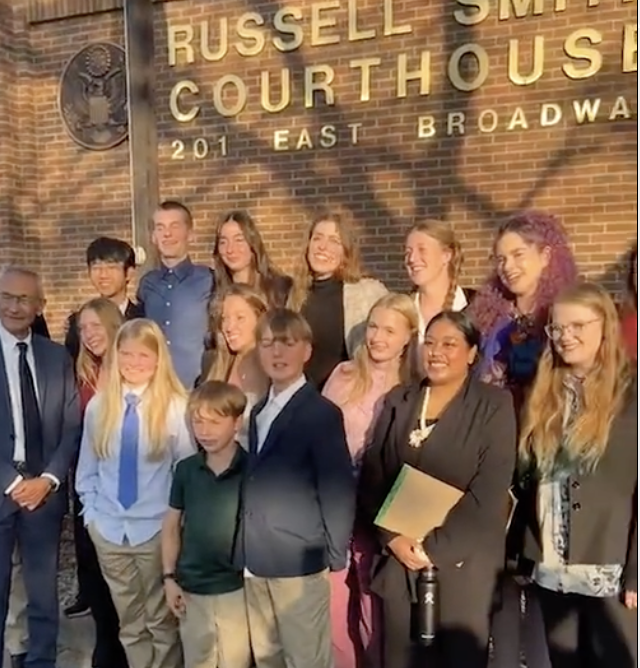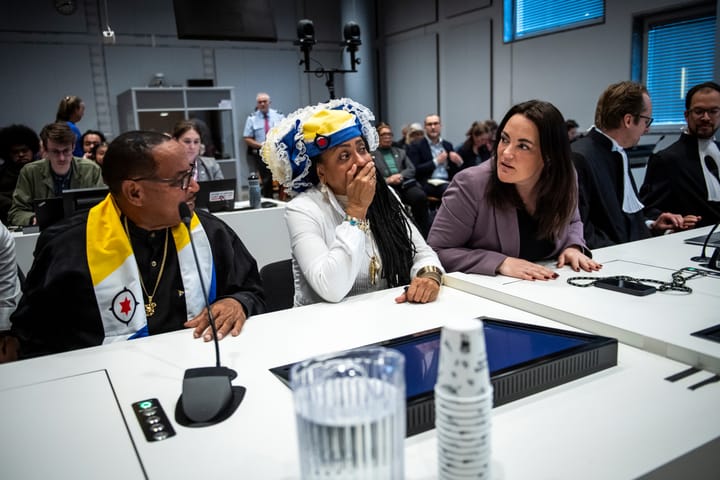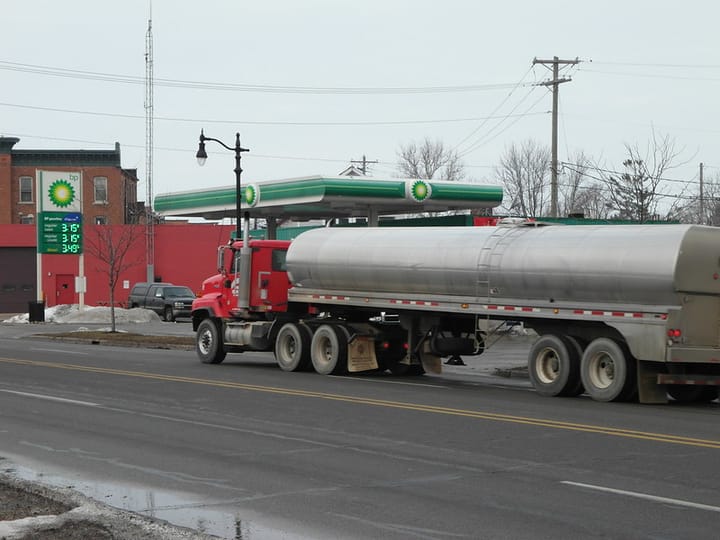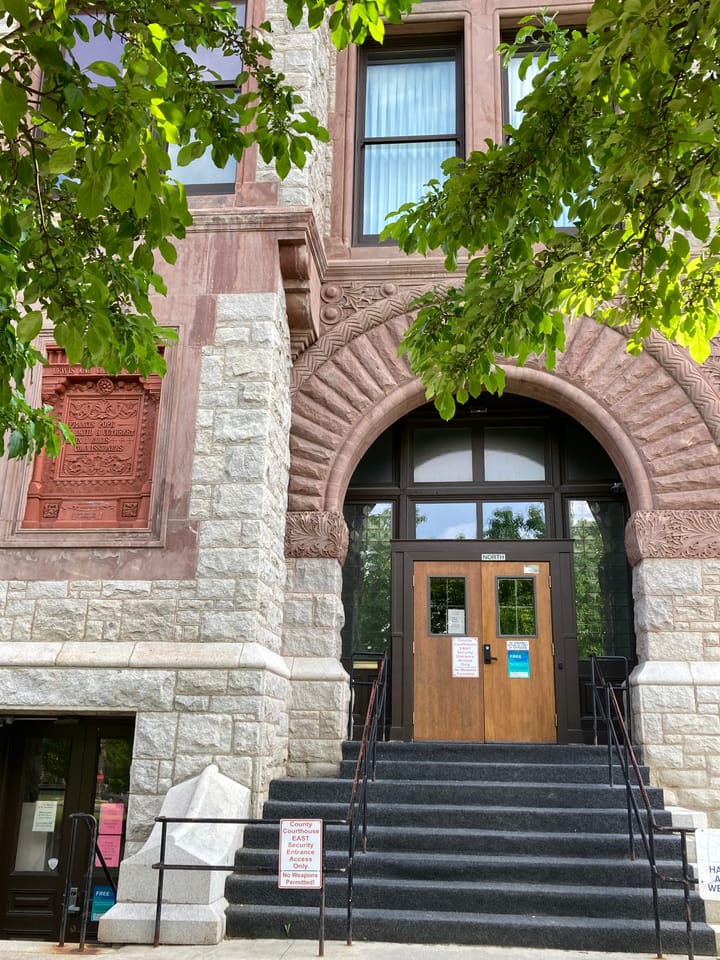Historic Hearing Underway In Youth Constitutional Climate Case Against Trump

A federal court in Montana is hearing arguments and live witness testimony this week in a new youth-led lawsuit challenging several of President Donald Trump’s executive orders designed to boost fossil fuels while undermining renewable energy and suppressing climate science. Government defendants are urging the court to dismiss the case, while the youth plaintiffs are requesting that the court immediately block implementation of Trump’s fossil fuel orders while the case continues to play out.
Four of the youth plaintiffs and three of their expert witnesses took the stand on Tuesday to testify, marking the first time that a federal court heard live witness testimony in a youth constitutional climate lawsuit. Testimonies on the plaintiffs’ side are continuing Wednesday, the second day of the two-day hearing, which will also feature oral arguments from lawyers on each side. No witnesses are testifying in support of the government defendants.
The lawsuit, called Lighthiser v. Trump, takes aim at three of Trump’s executive orders that “unleash” fossil fuels, prop up the coal industry, and declare a national energy emergency, alleging that these orders are unconstitutional because they effectively guarantee more climate pollution that harms the health, wellbeing, and quality of life of young Americans. The case was filed in late May by 22 youth activists, many of whom were involved in other climate lawsuits including a successful case brought against the state of Montana over an anti-climate policy. The Montana plaintiffs and the nonprofit law firm Our Children’s Trust that represented them are now looking to replicate that win at the federal level.
“For the first time, a court didn’t just listen. It ruled that what’s happening to us is unconstitutional. That ruling lit a fire under this movement. And now, with Lighthiser v. Trump, we’re bringing the same truth to the federal level,” Lander Busse, one of the youth plaintiffs in the historic Held v. Montana case who is now taking on the Trump administration as a plaintiff in the Lighthiser case, said during a July press conference in Washington DC.
Several of the expert witnesses who testified in support of the Montana youth plaintiffs in the Held trial appeared again in court this week as expert witnesses for the Lighthiser plaintiffs. Steven Running, a distinguished climate scientist based in Montana, testified that the plaintiffs’ experience of climate-related harms is consistent with the scientific warnings and that every ton of climate pollution makes a difference in worsening the problem. He also told the court about how the Trump administration’s moves to dismantle climate science will be harmful to the youth plaintiffs. Mark Jacobson, an expert in renewable energy and a professor at Stanford University, explained how transitioning to clean, renewable energy will save money, save lives, create jobs, improve energy security, and help protect the climate system, suggesting there is no rational justification for Trump’s fossil fuel orders. Dr. Lori Byron, a Montana-based medical expert with experience in pediatric medicine, is testifying Wednesday about the negative health impacts that the fossil fuel orders will inflict on the plaintiffs.
Other experts testifying for the plaintiffs include Geoffrey Heal, professor emeritus at Columbia University and a specialist in the economics of energy and the environment; Nicole Hughes, executive director of Renewable Northwest; and John Podesta, founder and board chairman of the Center for American Progress who served in the White House under former presidents Biden, Obama, and Clinton. Podesta’s testimony on Tuesday highlighted how the direct and predictable effect of Trump’s fossil fuel orders will be an increase in climate pollution that endangers the youth plaintiffs.
“I’m proud to speak on behalf of these young plaintiffs about the devastating impact of these executive orders,” Podesta said in a statement ahead of the hearing. “The plaintiffs make a compelling case that these orders will only make the climate crisis worse, putting at risk the health, safety, and economic well-being of these young people as well as their families and communities. With the stroke of a pen, this president has taken action that has terrible consequences—slashing environmental protections, firing staff, and undermining science—resulting in real harm to people.”
The government defendants tried to block the testimonies from Podesta and Hughes in a motion filed just days before the hearing. The court denied that motion.
The state of Montana along with 18 other Republican-controlled states plus the US territory of Guam have intervened in the case in support of the Trump administration. The government defendants and the state intervenors argue the case should be tossed out because the plaintiffs lack standing, or the legal requirements to bring a case. The youth should not be allowed to second-guess the policy decisions made by the president who was elected by the American people, government defendants told the court.
Attorneys for the plaintiffs contend that their claims are not about policy choices but about protecting the constitutional rights to life and liberty of children who are disproportionately harmed by the climate crisis that the Trump administration is deliberately worsening. They also argue that Trump is acting beyond his lawful authority in issuing the executive orders that have led to an all-out assault on climate science and emissions controls and on renewable energy.
“These orders not only compel the federal government to block the renewable energy revolution underway worldwide, but they also target climate scientists and health experts as enemies because scientific data and warnings burden the fossil fuel agenda,” Julia Olson, co-executive director of Our Children’s Trust and lead attorney for the youth plaintiffs, told the court.
Delaney Reynolds, a 25-year-old plaintiff from Miami, Florida, spoke briefly outside the courthouse on Tuesday following the first day of the hearing.
“After being in court today I’m feeling really inspired,” she said. “Today has been really important and historic because we are using democracy to have our voices heard here in court.”


